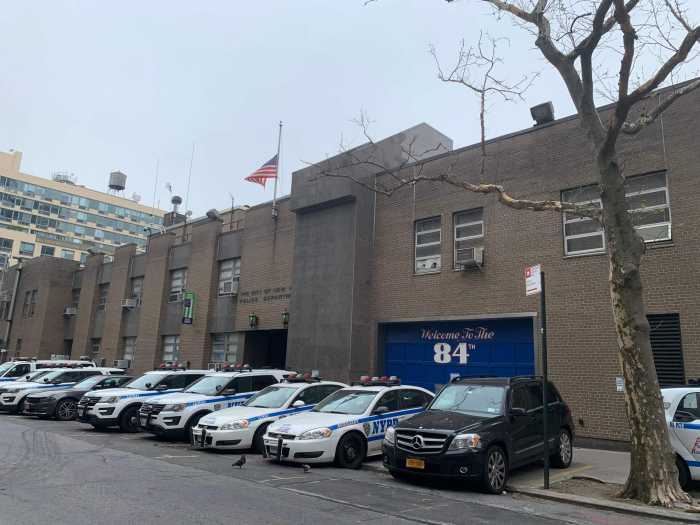Downtown Brooklyn will become the first outpost of an emerging New York University empire, thanks to last Thursday’s vote by Polytechnic University to be acquired by the Manhattan school.
The unification will bring Manhattan prices — and higher academic credentials — to Poly, an engineering and technical college.
“This perfect fit between two great universities will preserve and enhance Polytechnic’s commitment to top-tier technology, education and research,” said Jerry Hutlin, president of the 154-year-old Jay Street–based university.
The Poly board’s vote to merge with NYU came one month after a similar vote was abruptly postponed amid allegations that some board members had conflicts of interest, and that an obscure 1973 agreement with the state barred NYU from having an engineering program at all.
Pending state approval of the merger, Poly’s 3,330 co-eds can take classes at NYU, one of the top colleges in the country according to US News and World Report. And their diplomas and resumes will read “New York University,” not “Polytechnic University.”
Some dissenting trustees objected to the demise of an independent college that has had three Nobel Prize winners in its 153-year history.
“With [our] history of independence and self-sustainability, why is Poly’s administration rushing to ‘merge’ with NYU on terms which remain questionable?” three current and former trustees said in a memo in January.
The benefit, said other Poly trustees, is a boost to the school’s third-tier credentials.
“There’s no denying that NYU has a higher standing than we do,” said Craig Matthews, chairman of the Poly board, claiming that applications to Poly were up 20 percent this year amid mounting talk about the merger.
But elevating the academic profile comes at a price.
Poly’s tuition is currently $29,894, but students get an average of $18,000 in scholarships and grants, according to the College Board. Matthews told The Brooklyn Paper that tuition would gradually climb to NYU’s level, which is $35,283 a year.
The average NYU student receives $13,040 in scholarships, making up the remainder with loans, on-campus jobs or family money.
For some students, that’s a fair price to pay.
“If you have an NYU degree, it will be easier to get a job and get into a good company,” said Vivek Sheh, a Poly student. “Raising it a bit in exchange for the NYU name won’t make a huge difference.”
Others worry not about the pricetag, but that merging with a 40,000-student university system will end Poly’s “small-school” feel and turn it into just a remote campus of a big faceless institution.
“They’re worried that the sense of family you get here at Poly will go away,” said Jose Garcia, a fourth-year student.
NYU, which had one of the nation’s most respected engineering programs until divesting it in 1973, has coveted the Brooklyn institution because engineering programs are growing nationwide.
The NYU takeover needs state approval — and the state Senate is investigating the conflict of interest charges against several Poly board members and also looking into whether obtaining Poly would violate a state agreement that NYU would not again have an engineering program after it shut down its program in the 1970s.

























